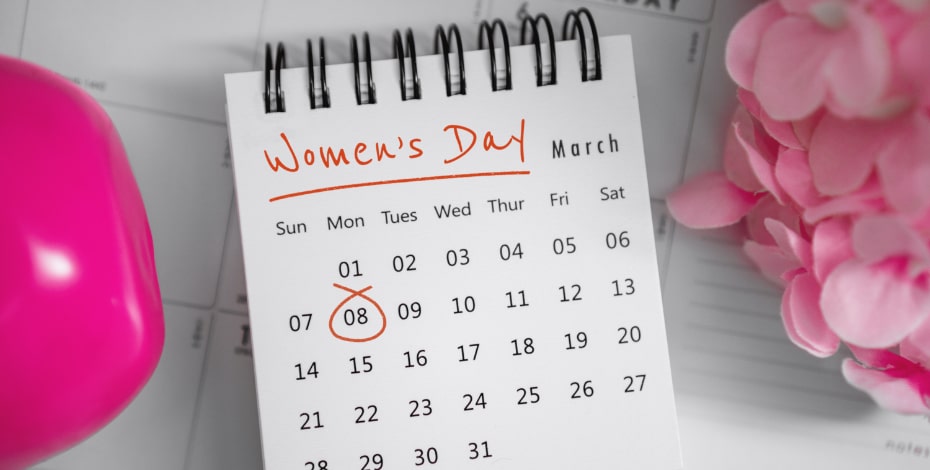
Speaking out against inequality

Each year on 8 March we celebrate International Women’s Day with pride.
In 2021, the theme for International Women’s Day is ‘Choose to Challenge’.
I imagine it is difficult to find themes for such days year after year—after all, the day itself already has a specific and powerful meaning.
So it’s always a welcome surprise when a theme manages to capture you with its relevance and strength.
It is a painful realisation that even in 2021, in many ways, the safety, independence and equality of women remains in a precarious position.
Women are grossly over-represented as the victims of domestic violence, and one woman is killed every nine days by a current or previous partner.
The rate of police-reported sexual assault is at least seven times higher for women than it is for men.
The Human Rights Commission states that 40 per cent of women report having been sexually harassed at work in the last five years. For Indigenous women, the statistics are far worse.
These facts are frightening and sobering enough without also considering the workplace inequities that remain.
Women overall earn lower salaries for the same type of work, are responsible for a larger share of household tasks and are far less likely to hold senior positions in the workplace.
So I hope I have dispelled the commonly held belief that the fight for women’s rights and equality ended decades ago, and that we’re now only tinkering around the edges. This is far from true.
Making real strides towards positive change for women starts with speaking up and standing up—for women, for safety and equality, and against sexism and violence.
Speaking out can be uncomfortable. It can endanger your position, your standing and relationship with someone. So often it is easier to turn a blind eye and stay quiet.
But tolerating the ‘harmless’ sexist joke is a precursor to tolerating demeaning remarks, harmful attitudes, and finally acts of harassment and violence. When you speak up, you are doing the world a service.
Many of the physiotherapy profession’s pioneers were women.
Today, women make up two-thirds of the profession.
They are prevalent in clinical work, research, education and leadership.
The wellbeing of the profession relies on their wellbeing—their security, equality and optimism.
It is therefore particularly important for us as members of the profession, or those charged with its custodianship, to take this duty seriously.
I urge you to choose to challenge—not just on 8 March, but moving forward as well. I urge you to have the courage to speak up when something isn’t right, and demand a world free from the objectification, belittlement, harassment and violence towards women.
© Copyright 2024 by Australian Physiotherapy Association. All rights reserved.





